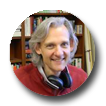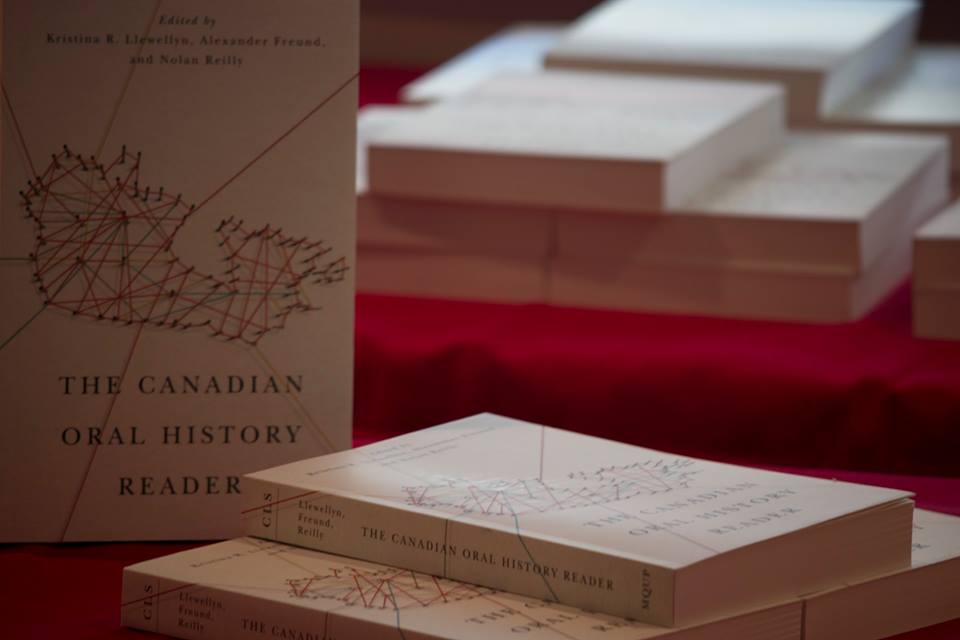Blog:
Canadians Do Oral History?

Thus, the two editions of Oral History: An Interdisciplinary Anthology (1984 and 1996), edited by David K. Dunaway and Willa K. Baum, had almost no mention of Canada. Its essays covered developments in the United States, Western Europe, and Latin America and gathered historiographical, methodological, and theoretical articles from a wide range of scholars, but none of them reported on Canadian trends. Similarly, the first two editions of the Oral History Reader (1998 and 2006), edited by Robert Perks and Alistair Thomson, included only two essays (out of a combined total of 59) by Canadian scholars. Two recent oral history handbooks – the Handbook of Oral History (2006), edited by Thomas Charlton et al., and the Oxford Handbook of Oral History (2011), edited Donald Ritchie, lacked any Canadian contribution. Other collections, such as Women’s Words (1996), edited by Sherna Berger Gluck and Daphne Patai, also included no Canadian contributions.
Canadian Oral History Reader, published by McGill Queen’s University Press , 2015.
Yet, as the recent publication of the Canadian Oral History Reader (2015), edited by Kristina Llewellyn, Alexander Freund, and Nolan Reilly testifies, oral history has a long and unique history in Canada. This history is visible in the pages of the journal of the Canadian Oral History Association, Oral History Forum d’histoire orale. It is also visible in number of recent essay collections that demonstrate the vibrancy of oral history in Canada today, including Oral History and Photography (2011), edited by Alexander Freund and Alistair Thomson; Oral History Off the Record (2013), edited by Anna Sheftel and Stacey Zembrzycki; Remembering Mass Violence (2014), edited by Steven High, Edward Little, and Thi Ry Duong. All of these are international essay collections with several Canadian contributions each. This resurgence of oral history in Canada is most recently acknowledged in the third edition of the Oral History Reader(2015), which now includes four Canadian contributions among its 43 essays.
Canadians do oral history, and they have been doing so for a long time. They have to work harder, though, to get their voices heard on the global stage.


